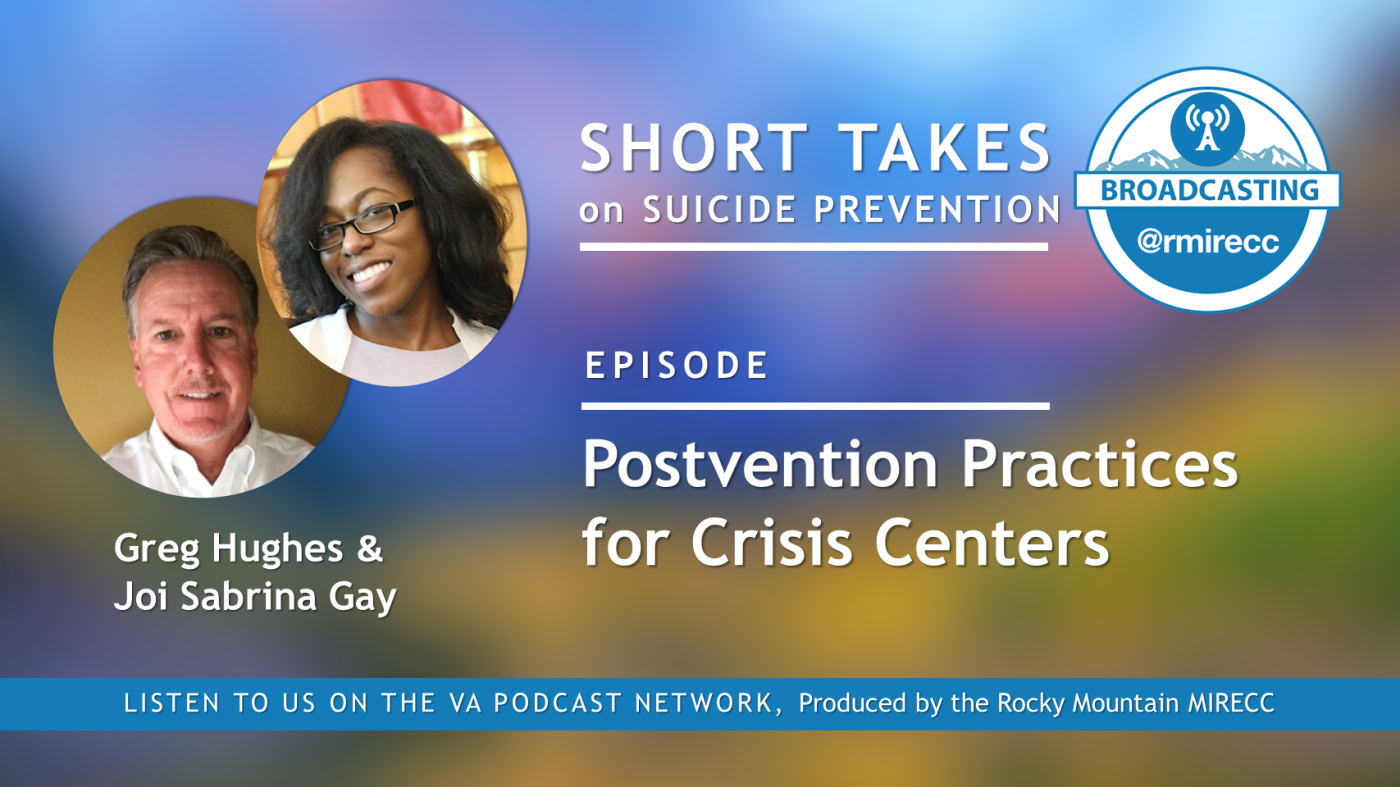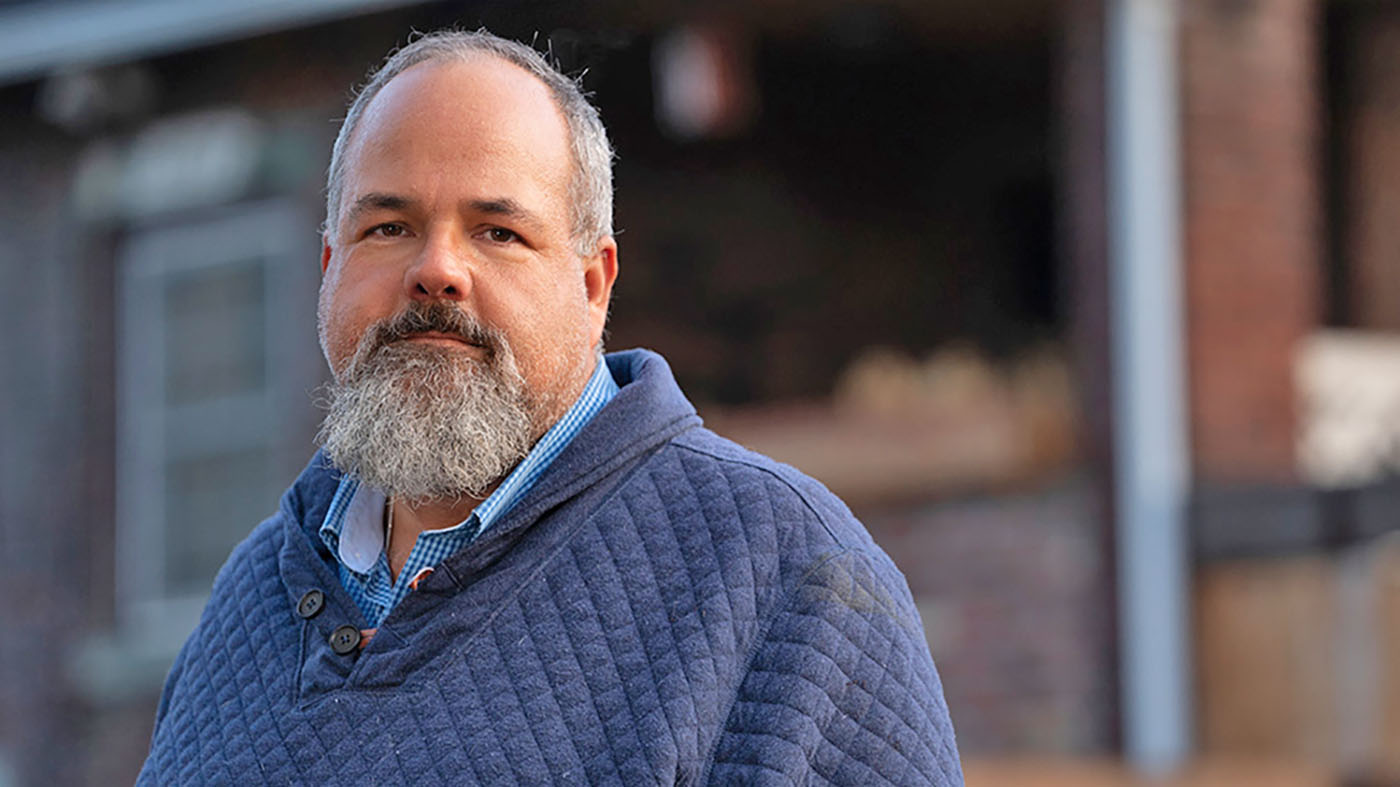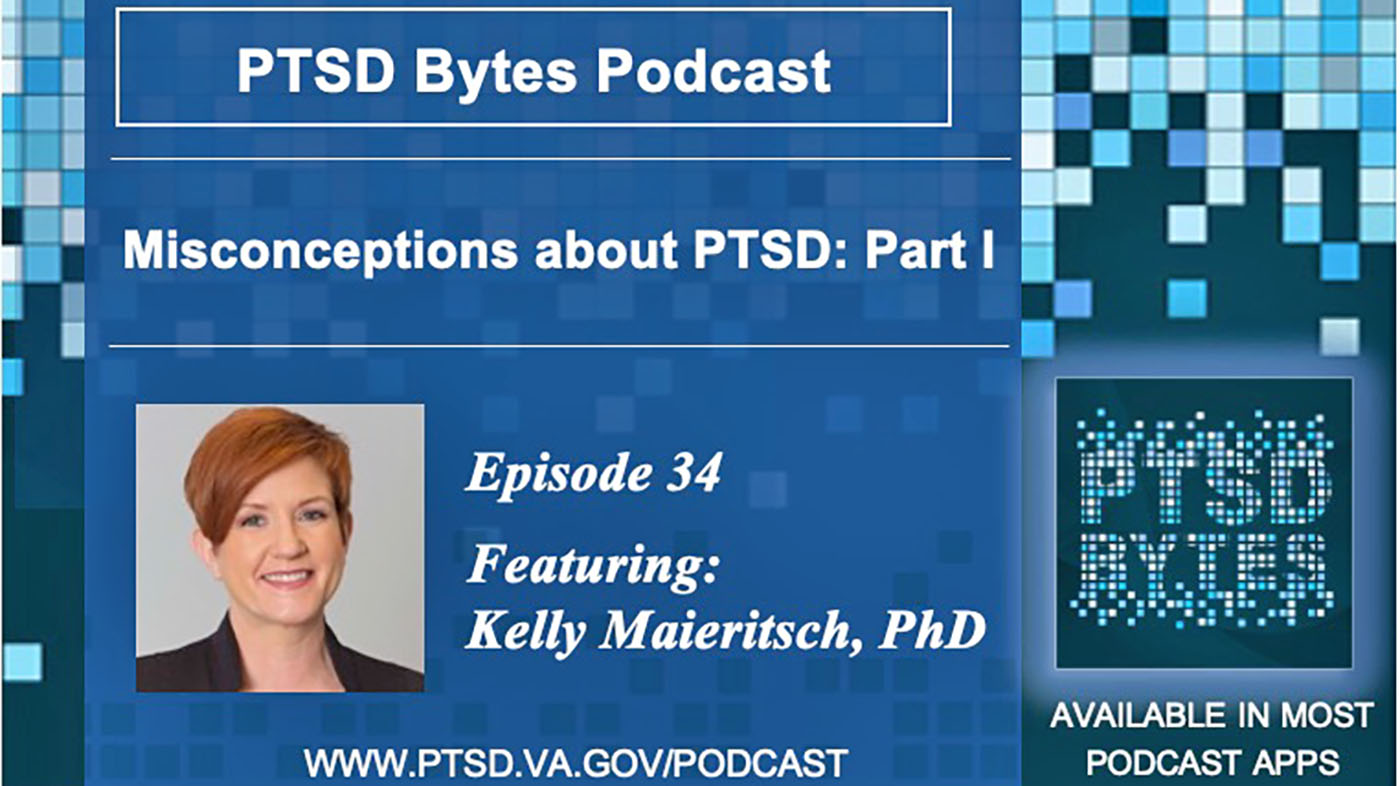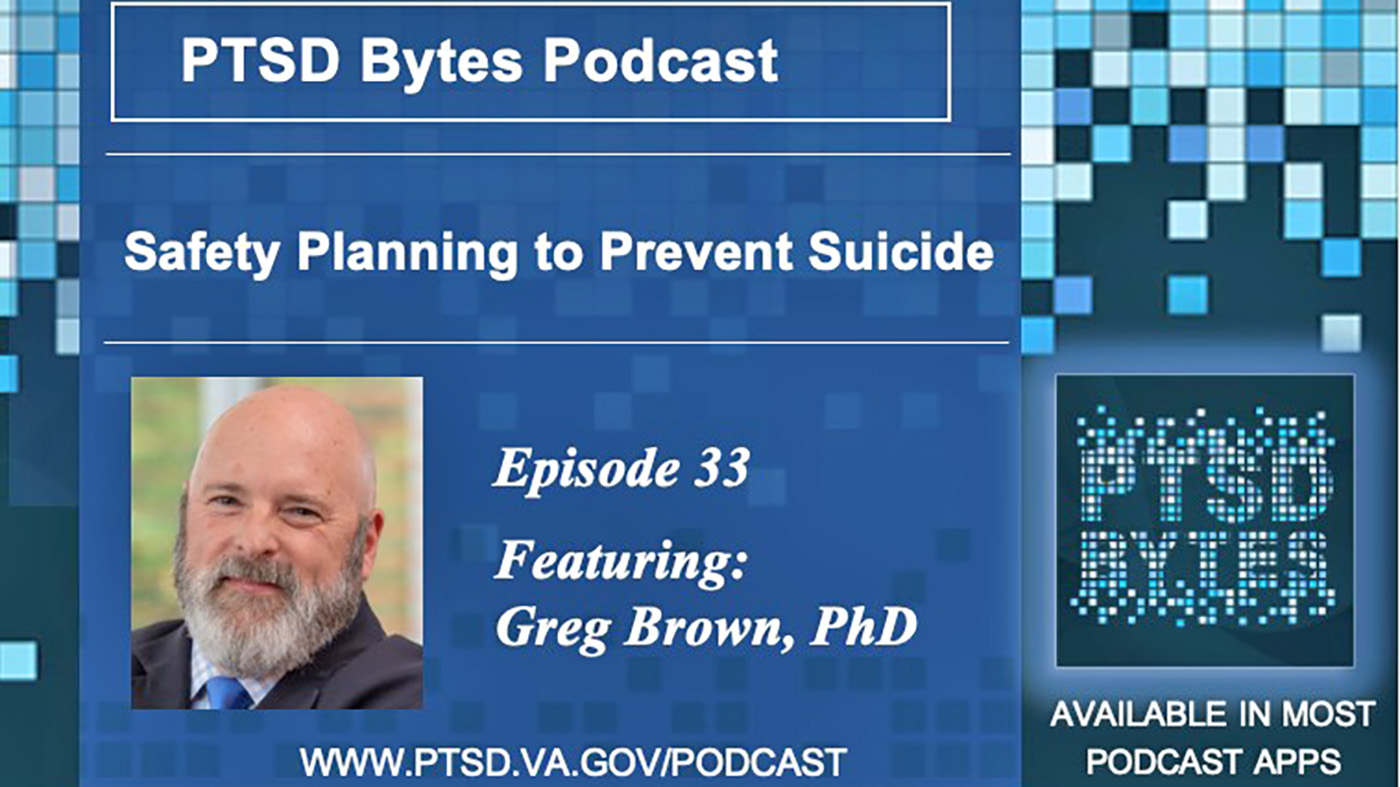Suicide is a leading cause of death in the United States, with roughly one individual dying by suicide every 11.7 seconds (Drapeau & McIntosh, 2011). New research shows that for every person who dies by suicide, approximately 135 others are exposed to this suicide (Cerel et al., 2018). This means that many people – family, friends, neighbors, coworkers, classmates – are impacted by each suicide. After experiencing a suicide loss, those impacted may feel a flood of emotions and find it difficult to seek out resources to help. The organized response supporting people exposed and impacted after a suicide loss is called suicide postvention.
To improve awareness and understanding of suicide postvention, the Uniting for Suicide Postvention (USPV) podcast series was developed in collaboration with the American Association of Suicidology (AAS). In our USPV podcasts, our guests share their own experiences with suicide loss and discuss how to best incorporate suicide postvention into different settings. We know that providing thorough support for survivors of suicide loss is extremely important for healing and preventing future suicides.
In our most recent USPV podcast episode, we examined the Veterans Crisis Line (VCL). The VCL is a confidential, toll-free hotline that connects Veterans and Service members in crisis, as well as their families and friends, with caring, trained VA responders (https://www.mentalhealth.va.gov/suicide_prevention/veterans-crisis-line.asp). During the podcast, Greg Hughes, LISCW and Joi Sabrina, LPC from the VCL join our host, Dr. Sarra Nazem to provide their insight on how to best support employees of crisis lines after experiencing a suicide loss. They discuss why suicide postvention is “not a topic we should wait to talk about,” especially within crisis centers and note that proactive training and planning are extremely beneficial to suicide postvention processes for crisis lines or call centers like the VCL. You can access this USPV podcast episode here: http://traffic.libsyn.com/denvermirecc/podcast_postvention_vcl.mp3.mp3
Interested in learning more about suicide postvention and supporting loss survivors in different settings? Previous USPV podcast episodes center on topics such as: seeking support and caring for oneself after losing a family member or friend to suicide, recommendations for carrying out a suicide postvention plan in various work settings, and the ways that providers can care for others while also facilitating personal healing after losing a patient to suicide. Check out other episodes in the USPV podcast series here: https://www.mirecc.va.gov/visn19/education/media/#PostventionPodcasts
USPV podcast episodes are one resource that will be featured on USPV, and a new website is coming in August 2019. USPV will offer resources, guidance, and support for all those affected by suicide loss, regardless of their relationship to the person that died by suicide. Resources are available for family members, friends, co-workers, professional caregivers, and workplace supervisors or managers. USPV will include guidelines on how to establish suicide postvention teams within the workplace, educational infographics on the impact of suicide loss, podcasts with suicide postvention experts, personal accounts from providers affected by suicide loss, videos detailing suggested suicide postvention practices, and much more! Uniting for Suicide Postvention aims to create a community of shared healing for those touched by suicide loss. For questions about USPV, please contact: uspv@va.gov
To keep up to date on USPV announcements, follow USPV on Twitter: @USPVinfo
USPV is funded and supported by the VA Office of Mental Health and Suicide Prevention and the Rocky Mountain Mental Illness Research, Education and Clinical Center (MIRECC)
Sarra Nazem, Ph.D. is a Clinical Research Psychologist with the Rocky Mountain MIRECC for Suicide Prevention at the Rocky Mountain Regional VAMC and an Assistant Professor in the Departments of Psychiatry and Physical Medicine and Rehabilitation at the University of Colorado School of Medicine. Dr. Nazem is leading efforts behind the development and dissemination of new suicide postvention resources for the VA.
Topics in this story
More Stories
Be ready before a suicide crisis by learning about resources that are available. You don’t have to face it alone.
In a two-part series, Dr. Colleen Becket-Davenport discusses some common myths surrounding PTSD with Dr. Kelly Maieritsch.
In this episode of the PTSD Bytes podcast, we speak with with Dr. Greg Brown, Philadelphia VA clinical psychologist, about how safety planning can prevent suicide.







POTUS is under the impression the VA is doing an excellent job. That moneys allocated are being spent wisely, bottom line, everything is All great. I beg to differ, suicides are happening at an alarming rate, Twenty (20) Veterans commit Suicide every Day. That’s a Tragedy, that’s Unacceptable! Has anyone asked how is it that this men, trained for war, Combat Survivors, hard men, Rugged men get to the point to Commit Suicide. And most of these are Committed in a VA parking lot. I offer you this: More Often Than Not, after we’re done with what we needed to do, medical care, paperwork or filing a claim, we walk out of the VA hospital Frustrated, Alone, Dejected with Ache(s) and Pain(s), and NO End in Sight. I know, I’ve been there more than Once, more than a hundred times. We don’t go on a Rampage to hurt other people. We don’t yell and scream to gain attention. NO, we cry by ourselves, we fight our Demons by ourselves.. Unfortunately, those Demons grow and grow until they get so large, we can’t overcome them any more. We can’t fight them any more. We gave it all we had, our strength is gone, our spirit is gone. So, feeling alone and stripped of all except our pride, that we’ll take with us, but that is the moment when we decide to say goodbye.
Sincerely hope this opens someone’s eyes, someone’s ears and someone’s heart. This is a Crisis, This is Inhumane and this is Shameful.
C. Funez, USMC, Veteran/Retired Military, Semper Fi !
I do not own an I-pod.
As a former AF ER medic from 1969~1973, I became a clinical psychologist and professor. I conduct research on combat trauma and suicide, and provide free clinical consultations to my brothers and sisters. I co-conducted a suicide support group for surviving loved ones. In these circumstances and w/o interventions, persons can develop a complicated grief reaction. I’ve also conducted psychosocial autopsies on completed suicides. I’ve discovered what I refer to as the “suicidal trance” and the “point of no return”. Sadly, even us who are well trained, can miss the clinical indicators, and fail to prevent them!
I applaud these family interventions post-suicide!
Rich